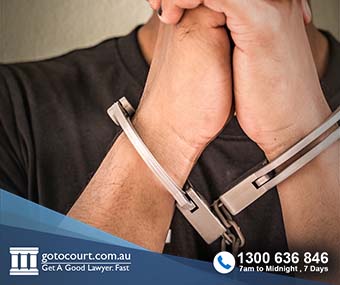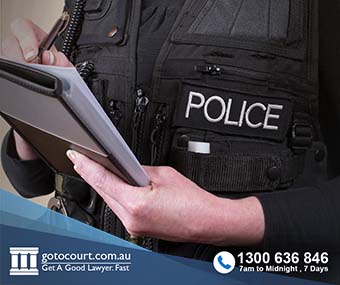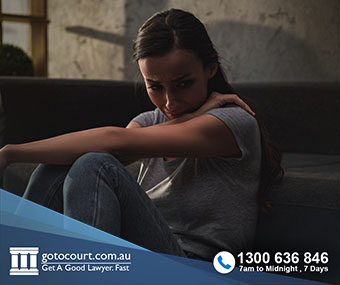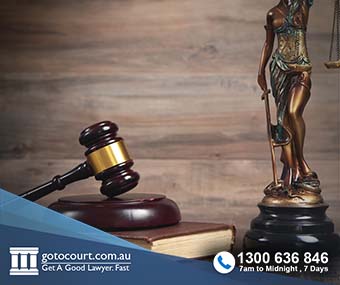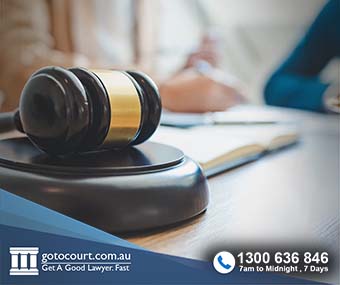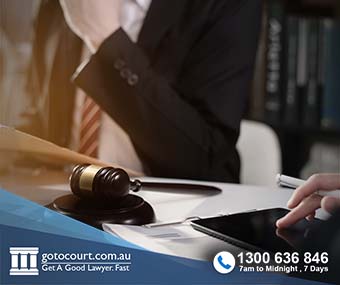Call our lawyers
now
or,
have our lawyers
call you
Unlawful Wounding in Tasmania
Updated on Dec 23, 2022 • 4 min read • 289 views • Copy Link
Unlawful Wounding in Tasmania
In Tasmania, there are a number of offences involving unlawfully causing harm to a person. These include wounding, causing grievous bodily harm and causing bodily harm. This page deals with unlawful wounding in Tasmania.
Legislation governing unlawful wounding in Tasmania
Wounding or causing grievous bodily harm is an offence under section 172 of the Criminal Code 1924.
Penalty for wounding
Wounding carries a maximum penalty of 21 years imprisonment, which is the standard maximum penalty for indictable offences in Tasmania.
What is unlawful wounding?
Unlawful wounding occurs when a person unlawfully breaks both layers of a victim’s skin. This may be through the use of a weapon such as a knife or bottle, but the offence does not require a weapon to be used. Breaking the outer skin alone is not sufficient to make out a wounding charge.
Jurisdiction
Wounding matters are finalized in the Supreme Court of Tasmania.
Pleading not guilty to unlawful wounding in Tasmania
If you have been charged with unlawful wounding and you want to plead not guilty, Go To Court Lawyers will assess the strength of the case against you and advise you on any defences that may apply.
Pleading guilty to unlawful wounding in Tasmania
If you have been charged with unlawful wounding and you want to plead guilty, you should first consider the following.
Are you actually guilty?
While this may seem obvious, there may be more to it than you realise. Go To Court criminal lawyers Hobart can advise you on whether all the elements of the offence are made out and whether you have any available defences.
Is the summary of facts accurate?
The police summary of facts outlines what the police say happened. If you plead guilty, the court will sentence you based on this version of events, so it is important that you agree with it. If there are any statements in this document that you think are untrue or misleading, speak to your lawyer about negotiating to have the facts amended.
Supporting material
When you plead guilty to serious offences, it is important to provide supporting material that highlights any mitigating factors to the court. This may include character references, medical records or evidence that you have taken steps to address the underlying causes of your offending.
Defences to unlawful wounding
A person who is charged with unlawful wounding may rely on a legal defence or a factual defence such as an alibi. Some legal defences to unlawful wounding are outlined below.
The defence of self-defence
Under section 46 of the Criminal Code 1924, a person is not guilty of an offence if they acted in self-defence of in defence of another person. The level of force used must, however, have been proportionate to the threat the accused believed they were facing.
The defence of duress
A person is not guilty of an offence if they acted under duress; that is, they were essentially ‘forced’ to do the act by another person.
The defence of accident
A person Is not guilty of an offence if the victim was wounded as the result of an accident and not as the result of an intentional or reckless act on the part of the accused.
Applying for bail on a charge of unlawful wounding
If you have been charged with unlawful wounding and remanded in custody, you may want to apply for bail. Under the Bail Act 1994, the court will decide whether to grant bail based on:
- The likelihood you will come to court to answer the charge
- The likelihood that you will commit another offence
- Whether it is in the public interest to release you
If you are granted bail, the court may place conditions on your bail to allay any concerns it has about your release. This may include a residence requirement, reporting to the local police at specified times or a condition not to have contact with specified people.
If you require legal advice or representation in any legal matter, please contact Go To Court Lawyers.


Affordable Lawyers
Our Go To Court Lawyers will assist you in all areas of law. We specialise in providing legal advice urgently – at the time when you need it most. If you need a lawyer right now, today, we can help you – no matter where you are in Australia.How It Works








1. You speak directly to a lawyer
When you call the Go To Court Legal Hotline, you will be connected directly to a lawyer, every time.


2. Get your legal situation assessed
We determine the best way forward in your legal matter, free of charge. If you want to go ahead and book a face-to-face appointment, we will connect you with a specialist in your local area.


3. We arrange everything as needed
If you want to go ahead and book a fact-to-face appointment, we will connect you with a specialist in your local area no matter where you are and even at very short notice.



